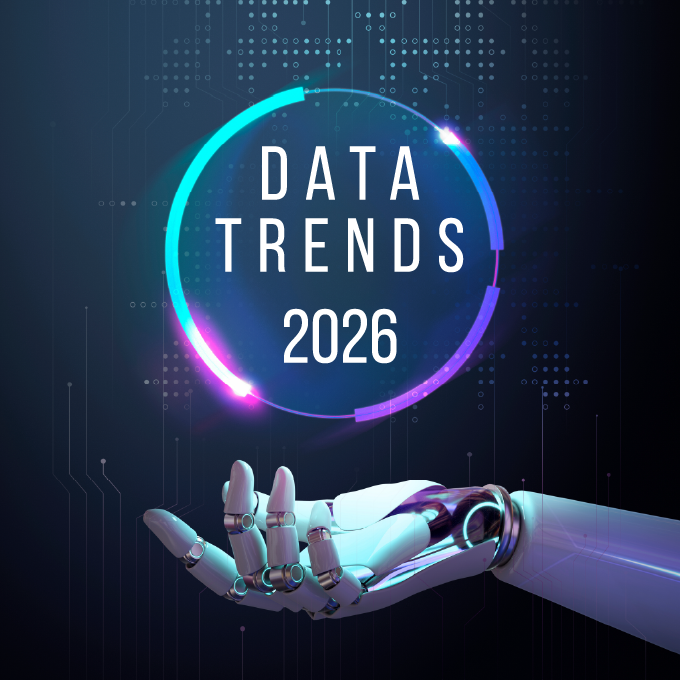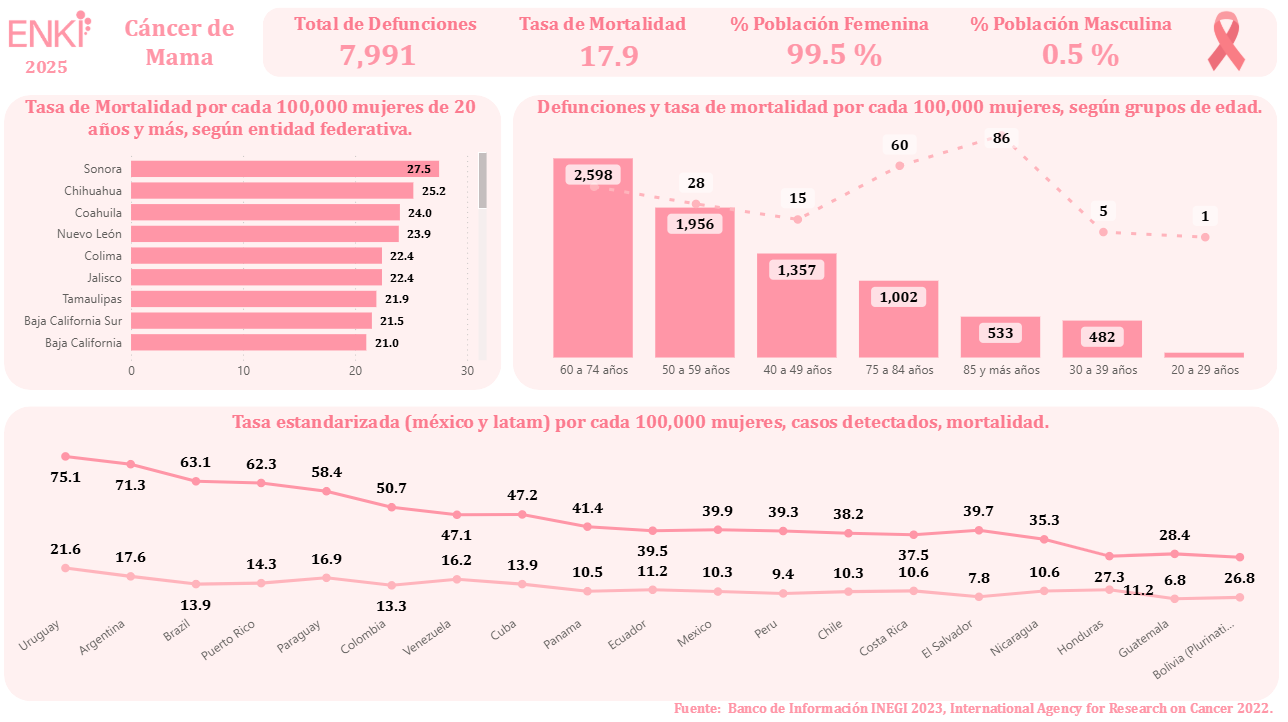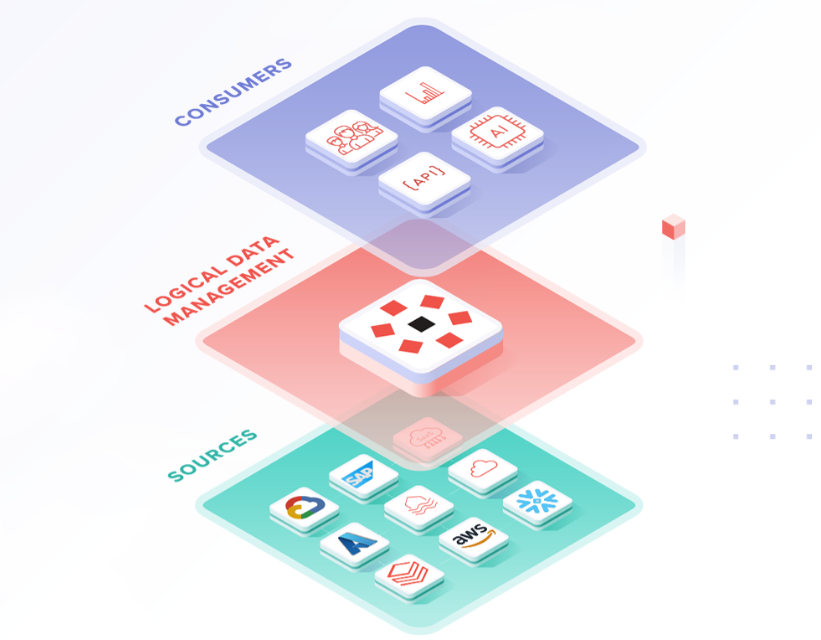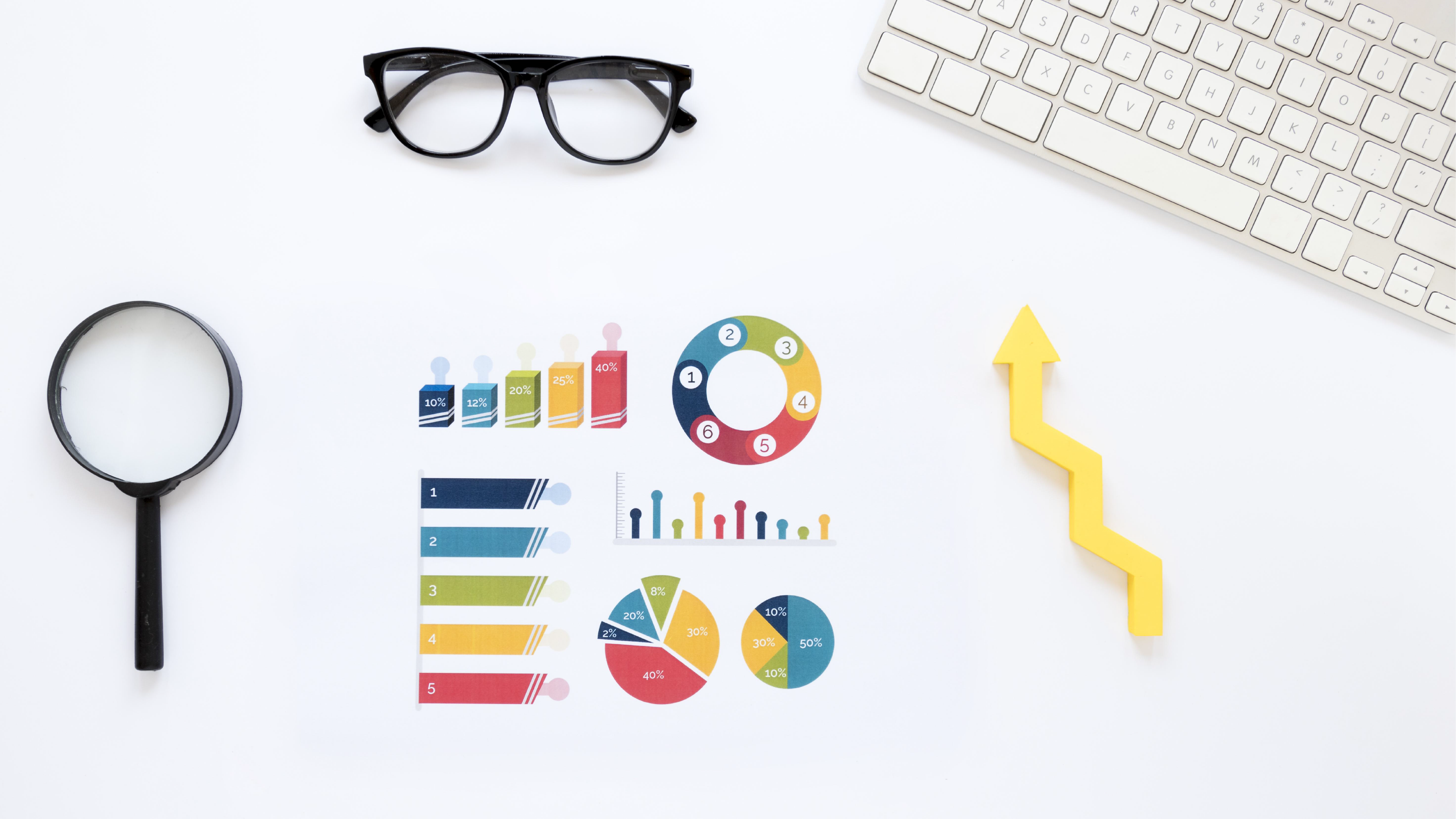What do the coming years hold for us?
Artificial intelligence has ceased to be a futuristic promise to become a reality that transforms our lives and businesses at a breakneck pace.
In recent years, AI has ceased to be a futuristic technology and has become an indispensable tool in various sectors. From medicine to the automotive industry to marketing and e-commerce, AI is transforming the way we live and work.
AI is changing the game
According to Gartner, by 2026, 80% of companies will have implemented applications based on generative AI or used an AI API. This means that AI will be further integrated into our daily processes, from customer service to strategic decision-making.
For its part, Forrester predicts that AI will increase worker productivity by 40% by 2025. This is because AI will handle the most repetitive and tedious tasks, freeing employees to focus on activities that require creativity and critical thinking.
McKinsey, meanwhile, points out that AI has the potential to generate trillions of dollars in economic value in the coming years. The sectors that will benefit the most include manufacturing, retail, and healthcare.
Key trends to consider
- Generative AI: The ability of AI to create original content, such as text, images and music, will become an increasingly powerful tool for creativity and innovation.
- Explainable AI: The demand for AI models that can explain their decisions will increase, allowing for greater trust and transparency in their applications.
- Ethical AI: Concern for the ethical use of AI will intensify, driving the development of standards and regulations to ensure that AI is used responsibly.
- AI in the cloud: The cloud will become the primary platform for the development and deployment of AI applications, facilitating access and scalability.
What can we expect between 2025 and 2028?
- Hyperpersonalized AI: AI will become even more capable of understanding the individual needs and preferences of users, offering highly personalized experiences in all aspects of life.
- AI in the supply chain: AI will optimize supply chains, improving efficiency and resilience.
- AI in health: AI will revolutionize healthcare, from diagnosis to the development of new treatments.
- AI in education: AI will personalize education, adapting to each student's pace and learning style.
The future of AI is bright and full of possibilities. However, it is important to address the challenges it poses, such as privacy, security and the impact on employment. By harnessing the potential of AI in a responsible way, we can build a better future for all.
Are you ready to harness the power of AI in your business? Contact us today to find out how we can help you implement solutions for Machine Learning personalized!










































